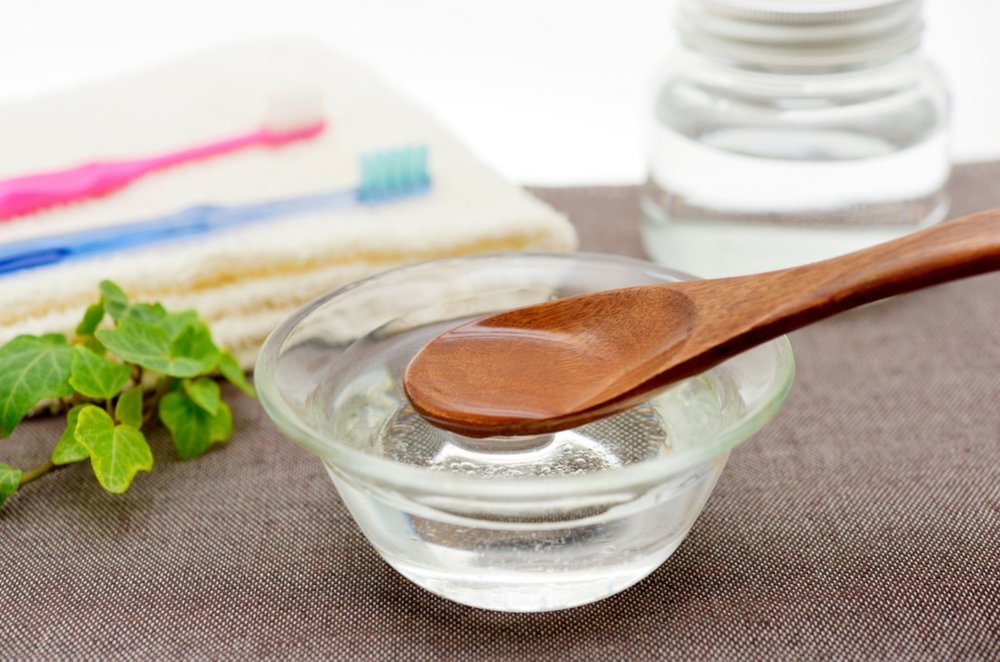Oil pulling is a natural, daily wellness practice that can be beneficial for your whole body. While it doesn’t replace a massage or other therapies, it can certainly complement them. It can improve the balance of your oral microbiome, help reduce plaque, and reduce bad breath. If you’re not sure how to get started, check out these tips.
Healthy oral microbiome
Oil pulling has been shown to have a beneficial effect on the oral microbiome. This practice ensheathes the oral epithelial cells with distinct oil droplets and increases saliva production. Oil pulling significantly reduced the overall microbial burden, compared to saline pulling. Moreover, oil pulling induced a reduction in the amount of bacteria found in saliva.
The bacteria in the mouth, known as biofilm, contribute to a variety of oral problems, including cavities and gum inflammation. Oil pulling reduces this harmful bacteria, which in turn supports the development of a healthy oral microbiome. Additionally, oil pulling reduces inflammation, which is one of the leading causes of cavities and gum disease.
Reducing plaque
If you want to reduce plaque and oral bacteria, oil pulling is one way to go. It has been studied in several studies, and all have shown promising results. The oil is a natural emollient that cleans your teeth and gums by creating suds and washing away bacterial buildup. There have been four clinical studies of oil pulling in humans and they show that oil pulling improves plaque and bacterial loads within two to four weeks.
Oil pulling is a natural oral hygiene technique, which can be done every day or a few times a week. Start by swishing your mouth with oil for five minutes and slowly increase the time until you reach 20 minutes. This practice is not a substitute for traditional oral care, and brushing and flossing are still important.
Reducing bad breath
Oil pulling is an ancient method that uses plant-based oils to fight bad breath. Some of the most popular oils are coconut oil and sesame oil. These oils are known to have strong antibacterial and antifungal properties, and they can be safely added to your oil pulling ritual. Just make sure you spit out the oil before it starts to accumulate toxins and bacteria.
Oil pulling has been shown to significantly reduce the amount of bacteria in the mouth. It is also believed to be just as effective as mouthwash. In a recent study, 20 children were tested with standard mouthwash and sesame oil. Both products significantly reduced the amount of harmful bacteria in their mouths. These results are promising for those who wish to make oil pulling a regular part of their oral hygiene routine.
Reducing inflammation
Oil pulling is a practice that is gaining popularity as a natural way to improve oral health. It works by removing bacteria and other toxins from the mouth. It is also an effective way to fight off infections and re-hydrate the gums. Coconut oil and sesame oil are common household ingredients, and they are both known for their powerful anti-inflammatory and antibacterial properties.
The process is simple. It involves swishing one to two teaspoons of a food-grade oil on your gums, teeth, and tongue before brushing. Most people prefer sesame oil, but other types of oil such as olive or coconut oil are also effective.
Reducing halitosis
Oil pulling can be a good way to reduce halitosis. This condition is caused by excess bacteria, which are responsible for foul breath. Sesame oil contains purifying properties that help kill these bacteria. It also helps maintain oral health by removing buildup on the teeth. Sesame oil can also help prevent tooth decay, which is a major contributor to bad breath.
Oil pulling therapy has been used in India for centuries and can be highly effective at reducing oral malodor and bacteria. This therapy has been shown to improve the health of your teeth, gums, and jaws. It can also help prevent dryness of the throat and cracked lips. In one study, oil pulling was found to be as effective as chlorhexidine mouthwash at reducing halitosis.
Stimulating taste buds
Oil pulling is an ancient Ayurvedic remedy that can improve your sense of taste and smell. It also helps remove toxins in the mouth. It works by stimulating the taste buds and keeping them moist. You can use coconut oil, jojoba oil, olive oil, or any other vegetable oil.
Oil pulling is most effective when done early in the morning on an empty stomach. It is also beneficial after regular brushing of teeth. Some people prefer to do it first, while others prefer to brush after. Either way, you’ll be getting the maximum benefits from this Ayurvedic practice.

